Currently, Big Tech like Facebook and Google are facing a wave of fierce criticism, because their technology platforms have become fertile grounds for fake news, misinformation and toxicity to explode - things that can degrade an entire society in the future. The right, even the truth, is being manipulated by social networks with tricks, algorithms... to encourage users to create controversy and instability. In early December 2023, even the US state of New Mexico accused Meta - Facebook's parent company, of being a space for "degenerates" with bad intentions aimed at children.
Multiple laws would cut off Big Tech's "tentacles"
That’s why policymakers around the world are stepping up their efforts to clamp down on Big Tech. The European Union (EU) has taken the lead in this fight. The EU’s Digital Services Act (DSA) was passed and will come into effect on January 1, 2024, to clamp down on harmful, misleading content on platforms with more than 45 million users, such as Facebook, YouTube, and TikTok. Under the law, platforms will be fined up to 6% of their global revenue if they violate the law.
The European Union has long been clamping down on Big Tech’s illegal collection of personal data through the General Data Protection Regulation (GDPR). Most recently, in September 2023, TikTok was fined 345 million euros for violating this rule. Previously, in May 2023, Meta was fined 1.2 billion euros by the European Union for violating the bloc’s rules on transferring user data to the US. In addition, Europe has also enacted the Digital Markets Act (DMA), one of the world’s toughest laws to control Big Tech’s monopoly.
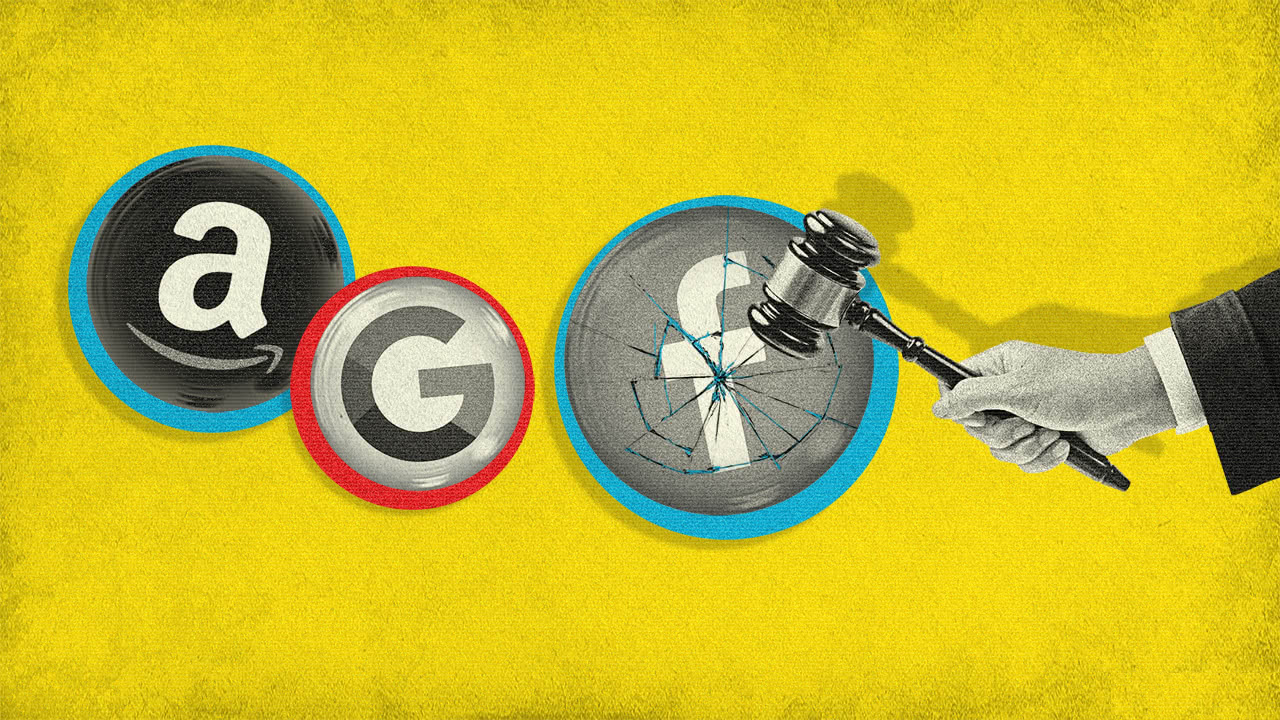
Many countries and international organizations are determined to punish Big Tech's activities that violate copyright and personal data. Illustration photo: GI
In terms of forcing Big Tech to pay for journalism, in addition to Australia and Canada, many other countries are also starting to see this as a way to directly protect their journalism - thereby not only helping to promote high-quality journalism, but also preventing the wave of fake, misleading and toxic news spreading on social networks.
The biggest wait is in the US, where the Journalism Competition and Preservation Act (JCPA) is expected to be enacted in mid-2024. It will give news publishers more bargaining power to force Big Tech to pay for journalism. In addition, a historic court case led by the US Department of Justice against Google has been ongoing throughout 2023 and will reopen in 2024, aiming to force the world's number one Big Tech to end some of its monopolies in search or advertising. The more competitive market is expected to consolidate the power of journalism, as Big Tech will then have to negotiate with the press to gain advantages for itself.
New Zealand has also planned legislation to force Big Tech to pay for journalism as early as 2022 and is still working on it. Meanwhile, in September 2023, the Malaysian Communications and Multimedia Commission (MCMC) said in a statement after a meeting with Google and Meta that it was discussing a legal framework to force the two tech companies to enter into commercial negotiations with media outlets.
In Taiwan, Google has also agreed to a three-year, $10 million deal with news organizations, after facing regulatory pressure similar to those in Australia and Canada. In South Africa, the South African Editors’ Forum and the South African Press Association are also asking Google to fund their news organizations.
A war between newspapers and Big Tech is also ongoing in India. In early 2022, the Digital News Publishers Association of India publicly accused Google of abusing its position as a news aggregator, leading to a loss of advertising revenue for news organizations.
Big Tech faces a “rain of fines”
In addition to countries tightening sanctions on Big Tech, 2023 will also witness a "rain of fines" for technology platforms, especially social networking sites, with fines amounting to billions of dollars.
In mid-December 2023, Google agreed to pay up to $700 million to settle a lawsuit in San Francisco over alleged monopoly in the Play Store. Google has also been hit with billions of dollars in other antitrust and privacy lawsuits.
Meanwhile, Meta, Microsoft, and OpenAI have been the frequent targets of copyright infringement lawsuits over AI training in 2023. Meta was even fined 5.85 million euros for gambling advertising in Italy at the end of December.
Meanwhile, TikTok - a social network that uses many tricks, algorithms, copyright infringement and shocking information to "addict" users - has even become the number one target of technology bans and penalties in 2023. Many countries have introduced measures to ban, fine or control content for this platform, including Vietnam.
From now on, Big Tech will no longer be able to “act freely” in the illegal use of personal data and copyright infringement to gain profits at all costs. And when Big Tech is weakened, the press will have the opportunity to escape the “restraint” of these giants and can develop again. Of course, the opportunity will only be for quality press and meet the increasing needs of readers!
Big Tech makes huge money from journalism According to research by the Initiative for Policy Dialogue (IPD), Google's search advertising revenue in the US alone will reach about $56 billion by 2022. The authors estimate that news searches account for about 50% of all searches, and 70% of these searches are for news. Therefore, Google's advertising revenue from news is about $20 billion. Meanwhile, Facebook generated nearly $114 billion in advertising revenue globally in 2022. The study found that Facebook users spend 13.2% of their time on the platform viewing or interacting with news content, estimating that news brings Facebook nearly $4 billion a year.  Google earns tens of billions of dollars each year from advertising revenue from news media. Photo: Unsplash |
Tran Hoa
Source








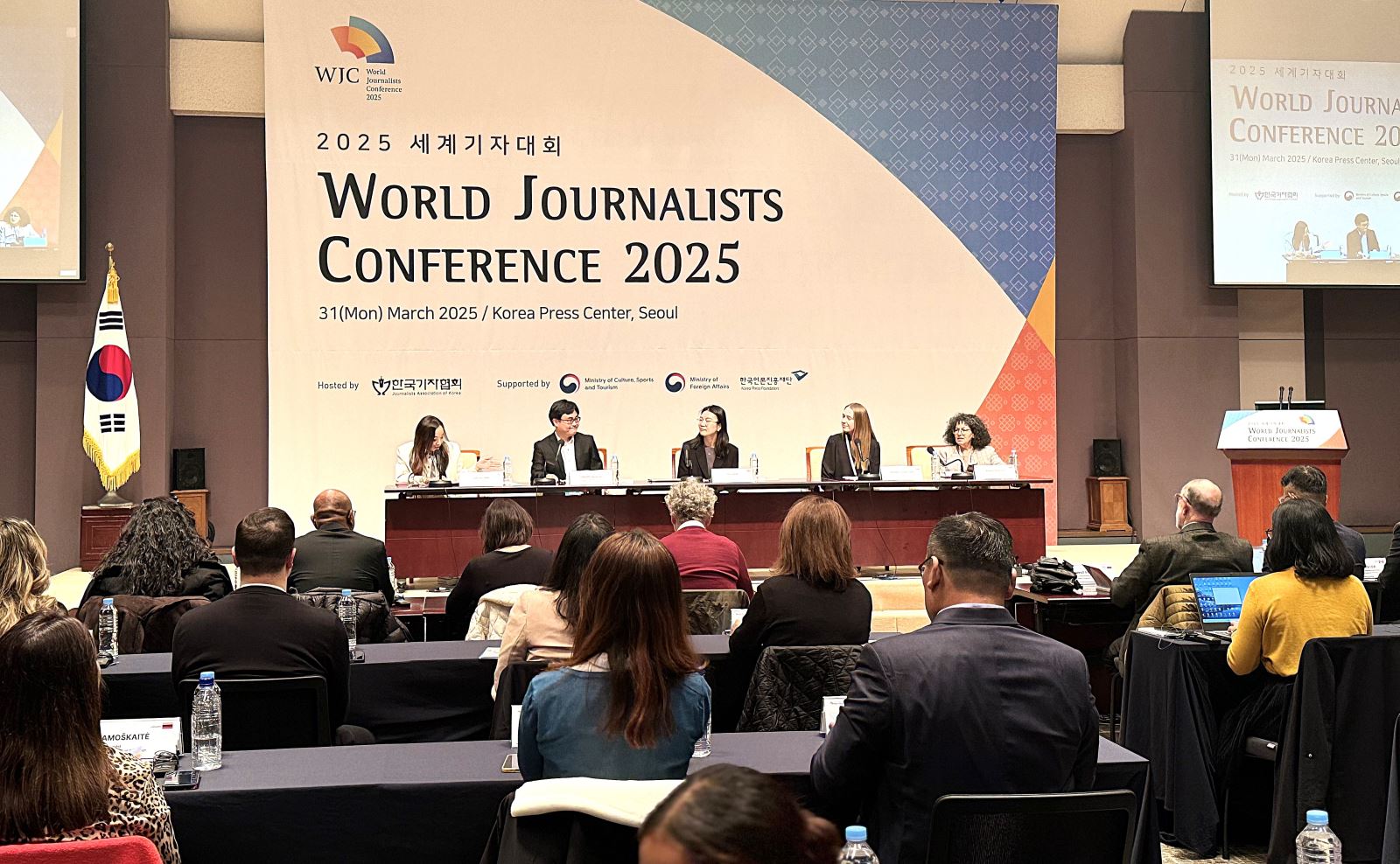

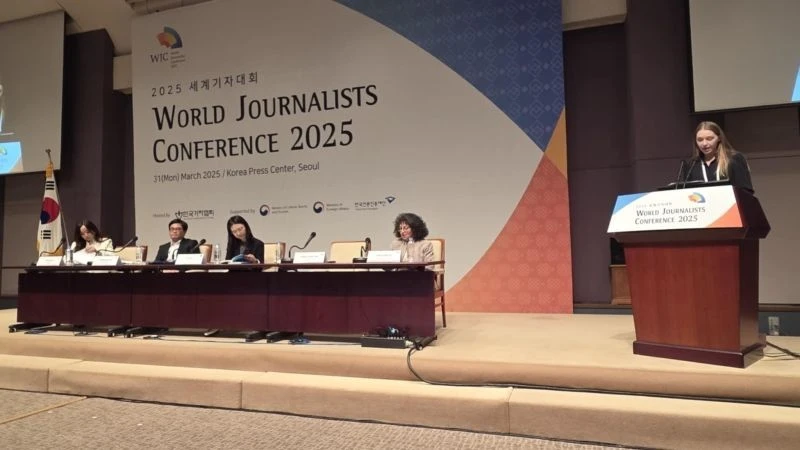







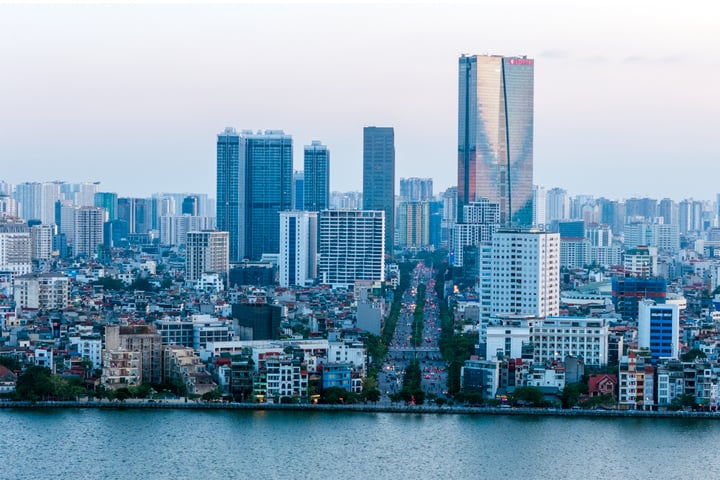

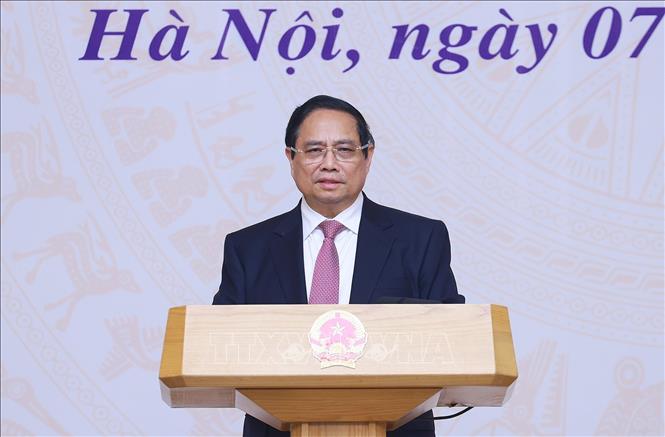









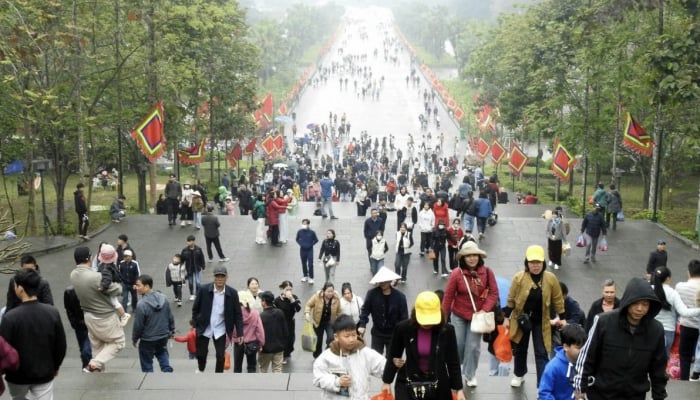































































Comment (0)